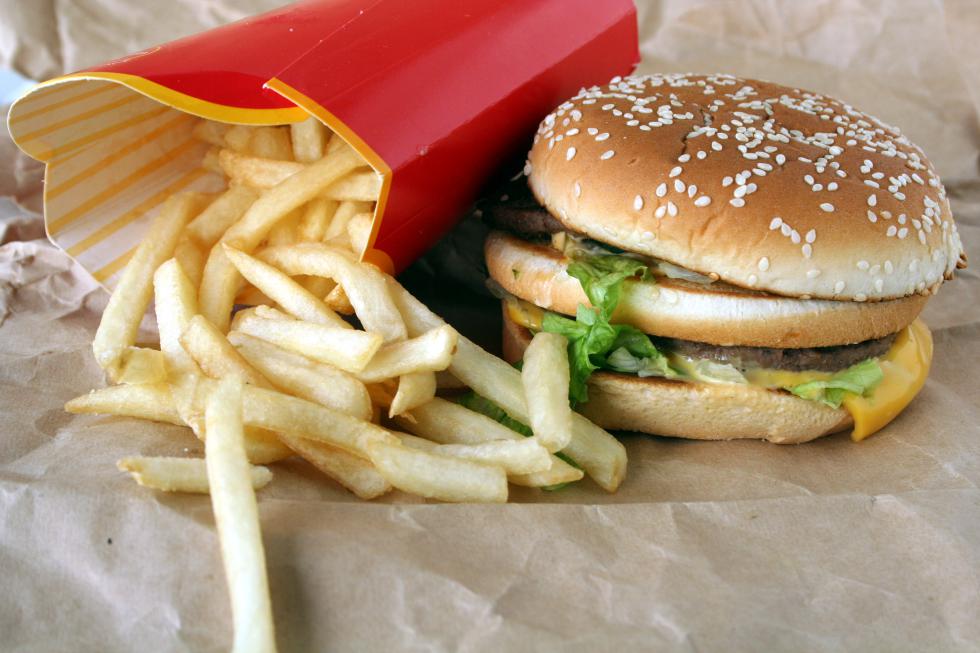Why is it that a cheeseburger costs $1.22 at Burger King, while a small order of fries costs $1.70? Isn’t beef supposed to be more expensive than potatoes?
Thanks for writing in, anonymous reader, with your puzzling — and discomforting — question. To figure out why you can get a burger with cheese, a bun, ketchup, mustard, and pickles for less than a bag of fried spuds, I turned to UMass Amherst professor emeritus Richard Rogers, who has done a lot of research into how food is priced and sold.
Rogers says there’s more than the cost of production being considered when fast food prices are set; there’s a whole strategy behind those dollars and decimals that have very little to do with the price of ground beef. Convenience and customer preference are big considerations when it comes to price.
In an “ideal” market, food would be sold at true cost — the money it takes to harvest, process, transport, and serve, it — and informed consumers would pay those true prices for items they perceived to be of similar quality, Rogers explains. In the real world, however, people don’t believe all products of similar quality are equal and they are willing to pay more to satisfy their preferences and add to their convenience. So, the seller with the most desirable product gets the upper hand, or “pricing power,” and can charge more than true cost for the product.
Rogers uses McDonald’s french fries as an example: “I love McDonald’s french fries so much that I choose the seller based on their fries and just buy whatever basic hamburger they have off the ‘value’ menu. Thus, the fries drive my decision.”
Sure, you could drive across the street and buy a hamburger from a separate fast food restaurant, he notes, but most people will just buy the burger that’s sold with their favorite fries.
In this situation, the consumer pays more for the french fries, which is what he really wants, and gets the hamburger as a cheap add on. The true cost of the value menu burger is probably more than the $1 or so being charged, but the restaurant compensates for that with the higher profits being made on the fries.
“There is a cost associated with the consumer practice of cherry picking, but some consumers fail to consider it fully in buying their goods,” Rogers says. “Thus businesses can use that to play with their prices of individual items.”•
Contact Kristin Palpini at editor@valleyadvocate.com.


